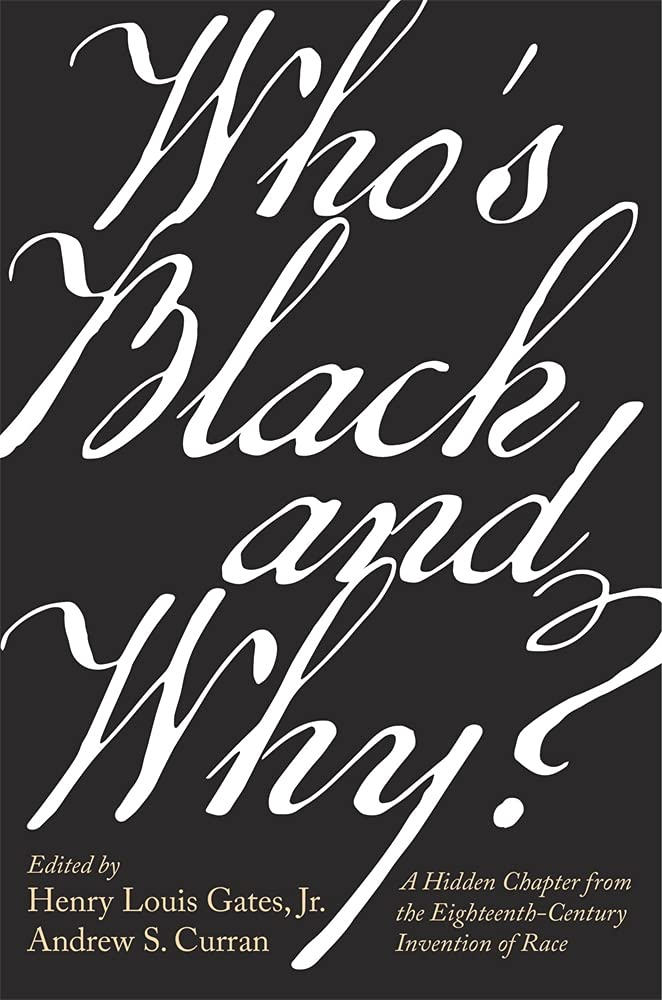Over the course of 1741 sixteen submissions attempting to explain the source of blackness arrived at the Bordeaux Academy, from as far away as Sweden, Ireland, and Holland. Now housed in Bordeaux’s municipal library, this collection of manuscripts has survived the ravages of mice and moths, humidity and fire—not to mention the French Revolution and two world wars. One finds anything but consensus in this early modern focus group: there are biblical scholars who argue that blackness may have been a curse; climate theorists who affirm that Africans’ bodily humors—particularly their bile—have been thrown out of balance by the continent’s scorching heat; an anatomist who announces that he has discovered the secret of blackness while dissecting African cadavers on a New World plantation ; and an essayist who hints, four decades before racial taxonomies began to seduce European naturalists on a large scale, that he could classify “Negroes” as a specific race or even species. Taken as a whole, these essays do not yet reflect the assumed biological and cognitive inferiority that would soon be attributed to both free and enslaved Africans. Still, they certainly allow us to glimpse the insidious relationship between “science” and enslavement—and, to amend W.E.B. Du Bois’s resonant phrase, the dusk before the dawn of race.
In announcing its competition on the origin of blackness, the Academy of Sciences made no mention of slavery. And yet, this seemingly clinical interest in specific African traits obviously emerged in tandem with the growing dependence on chattel slavery throughout the New World. In 1741—the year when the essays arrived at the academy—62,485 African men, women, and children in chains are estimated to have boarded ships along the west coast of Africa, destined for plantations in Brazil, Central America, the Caribbean, and North America. A disturbing number of these humans invariably died en route, 9,454 in this year alone. Although the transatlantic slave trade had not yet reached its peak, the number of Africans who had been forced to make this dreaded voyage already totaled well over four million. By the end of the eighteenth century, the era we have come to know as the Enlightenment, another 4.5 million Africans were forced to leave their home continent for a life of brutal enslavement in cities, farms, and plantations on the other side of the Atlantic.
